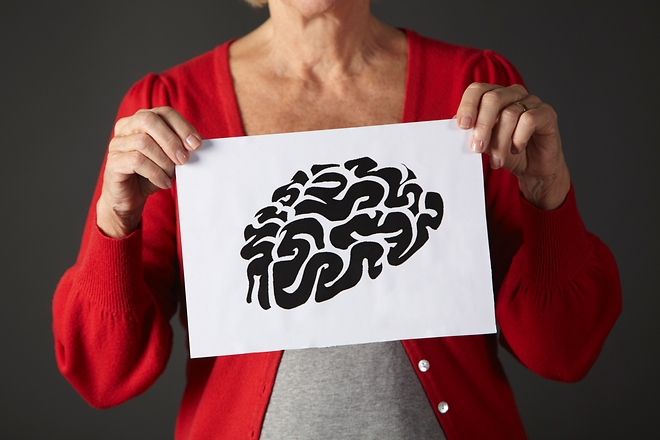
The RemoAge project will tackle the challenge of supporting people with dementia and other frail older people to age at home in remote and sparsely populated areas of the northern periphery of Europe. Long distances and limited resources are two challenges to overcome.
Tested and evaluated service packages will meet this challenge. The service packages will include methods to support the elderly with health and social care needs, flexibility to individual needs and an increased level of remote support.
Expected results are improved access to personalized services in direct support in daily life, support to family carers and health personnel, but also increased involvement of the community.
Target groups:
– Frail older people, including people with dementia, in remote communities
– Family carers and family members of the frail older people
– Community members
– Health and social care professionals
The target groups will be involved throughout the project in a participatory process from the identification of needs, the adaptation of services and the evaluation of services. A main focus of the project is to develop and implement person centred services that are by definition services adapted to the individual needs of the frail older person and their family.
Source: Project
Like this:
Like Loading...





 With the 2016 US Presidential election nearing a close, everyone in my social circles seems to be talking about it. Even though I haven’t lived in the US for 11 years, the election is a main topic both with my friends and family in the US and those here in Denmark.
With the 2016 US Presidential election nearing a close, everyone in my social circles seems to be talking about it. Even though I haven’t lived in the US for 11 years, the election is a main topic both with my friends and family in the US and those here in Denmark.